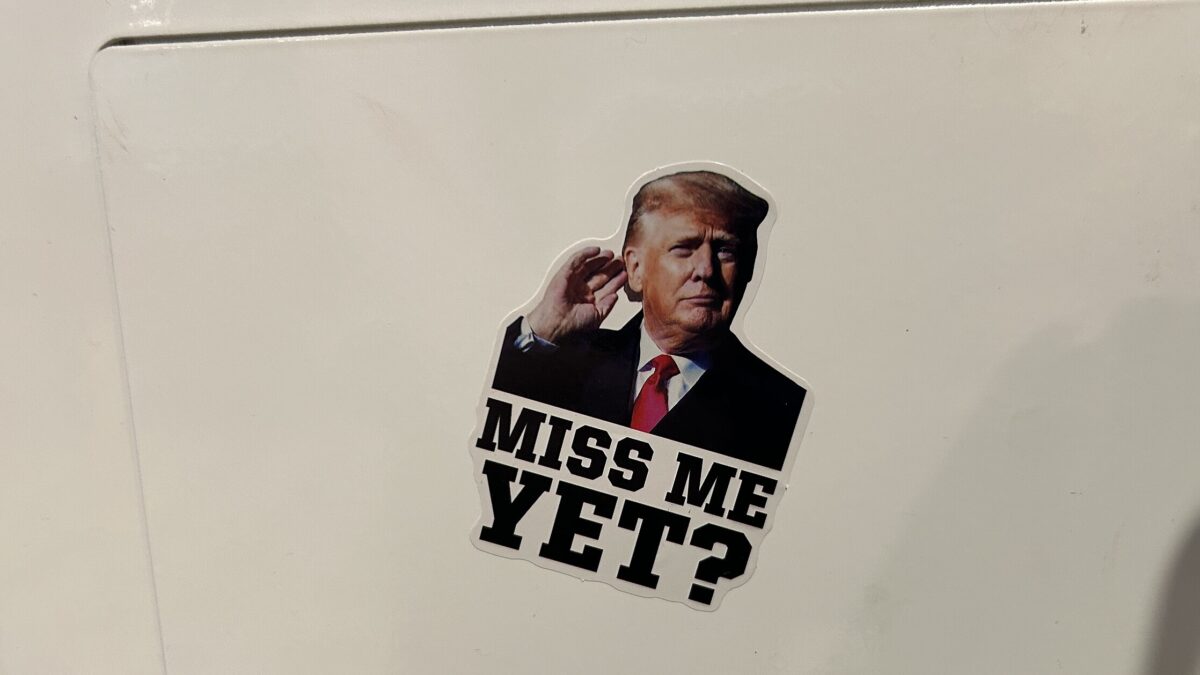
The “Victory for New York Families” legislative package Gov. Andrew Cuomo signed more than two years ago has been devastating for New York City. They force businesses to offer mandatory paid family leave and pay every employee at least $15 per hour.
This minimum wage spike has forced several New York City businesses to shutter their doors and will claim many more victims soon. Businesses must meet the $15 wage by the end of 2018, the culmination of mandatory increment increases that began in 2016. Restaurants where staff earn tips are subject to a $5 per hour tip credit, but must pay $10 per hour. That is nearly double the 2014 minimum wage of $8 with a $3 tip credit.
For many businesses, this egregious law is not just an inconvenience, it is simply unaffordable. The most recent victim is long-time staple, The Coffee Shop, a tremendously popular Union Square bar and café favored by many celebrities.
A $15 Minimum Wage Means Fewer Job Opportunities
In explaining his decision to close following 28 years of high-volume business, owner Charles Milite told the New York Post, “The times have changed in our industry. The rents are very high and now the minimum wage is going up and we have a huge number of employees.”
Milite employs about 150 people at his breakfast, lunch, and dinner operation, which also puts him over the Affordable Care Act’s costly mandate that establishments with 50 or more employees provide health insurance.
The Coffee Shop is part of The Gotham City Restaurant Group, which also owns Flats Fix, the former employer of socialist darling Alexandria Ocasio-Cortez. The 28-year-old Democratic congressional candidate recently told The New York Times that many of her fellow restaurant workers were uninsured, inspiring her to run for office.
It seems a questionable claim, in light of the size of her former employer. Perhaps she should have encouraged her colleagues to demand the health care they were entitled to, rather than use them as an excuse to promote her dangerous platform of eliminating private insurance in favor of government-provided “Medicare for All.”
It Costs a Lot to Be Here. Let’s Make It More Expensive
New York’s minimum wage regulations came partially as a response to the constantly inflating cost of living, which actually affects businesses more profoundly than it does employees. Residential leases are protected by a fair amount of regulation, but commercial leases are not.
Many businesses find themselves unable to renew at the end of a five- or ten-year lease because the landlord wants a far more lucrative agreement. Property owners often prefer to sit on vacant spaces awaiting optimal lease agreements, which has led to a recent spike in unoccupied storefronts. New York City Mayor Bill de Blasio even suggested penalizing property owners for the vacancies to help get lessees into the spaces faster.
Seattle and San Francisco led New York only slightly in achieving a $15 per hour minimum pay rate, with predictably bad results for those they were intended to help. As Erielle Davidson discussed in these pages last year, instead of increasing the livelihood of the lowest-paid employees, the rate increase forced many employers to terminate staff to stay afloat because it dramatically spiked the costs of operating a business.
Understaffed businesses face myriad other problems from wage mandates. Training hours for unskilled labor must be limited or eliminated, overtime is out of the question, and the number staff must be kept under 50 to avoid paying the high cost of a group health-care package. The end result is hurting the very people the public is promised these mandates will help.
High-Labor Restaurants Hardest Hit
Of all affected businesses, restaurants are at the greatest risk of losing their ability to operate under the strain of crushing financial demands. They run at the highest day-to-day operational costs of any business, partly because they must employ more people to run efficiently. In cities like New York, Washington DC, and San Francisco, even a restaurant that has great visibility and lots of traffic cannot keep up with erratic rent increases and minimum wage doubling.
When the minimum wage for tipped workers was much lower, employees sourced most of their income from guest gratuities, so restaurants were able to staff more people and provided ample training to create a highly skilled team. The skills employees gained through training and experience then increased their value to bargain for future, better-paying jobs.
Management-level employees, who earn a salary, are not subject to overtime rate protections, and minimum wage hikes cause restaurants to use them in place of their expensive hourly subordinates. Despite their additional skills and qualifications, managers of most restaurants subject to a $15 minimum hourly wage stay stagnant at their minimum annual compensation of $58,000. Thus, as I know well from holding one of those positions, responsibilities formerly relegated to hourly staff become managers’ duties. They are thus frequently required to wait tables or bartend atop their managerial duties, all while handing any earned gratuity to the staff.
For now, the $5 tip credit provides a small comfort to restaurants, but as in DC, there is a strong push to have the credit removed in the deeply misguided name of “fair pay.” Eventually, minimum wage laws and other prohibitive regulations will cause the world-renowned restaurant life in cities like New York, DC, and San Francisco to cease to exist. The staff skill levels will drop, the number of servers and bartenders will never be enough, and the only survivors will be fast-casual chains with low overhead and deep pockets.
New York’s new look will be vacant storefronts between an occasional Pret-a-Manger or the public restroom formerly known as Starbucks. But don’t worry. That charming, downtown studio apartment will still run about $5,000 per month for the privilege of proximity to all that culture.









